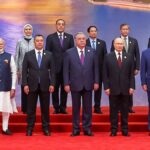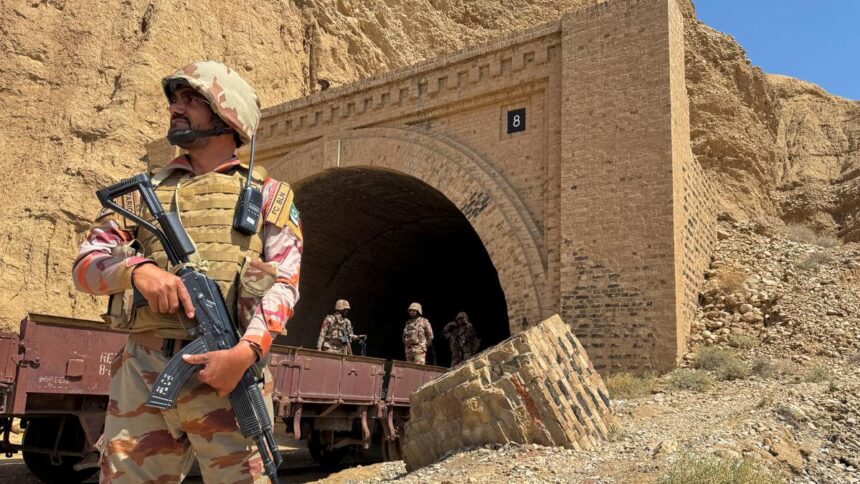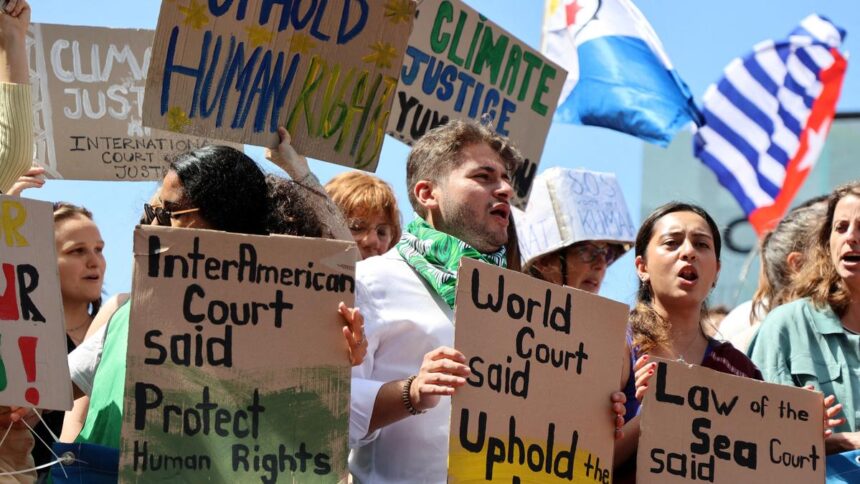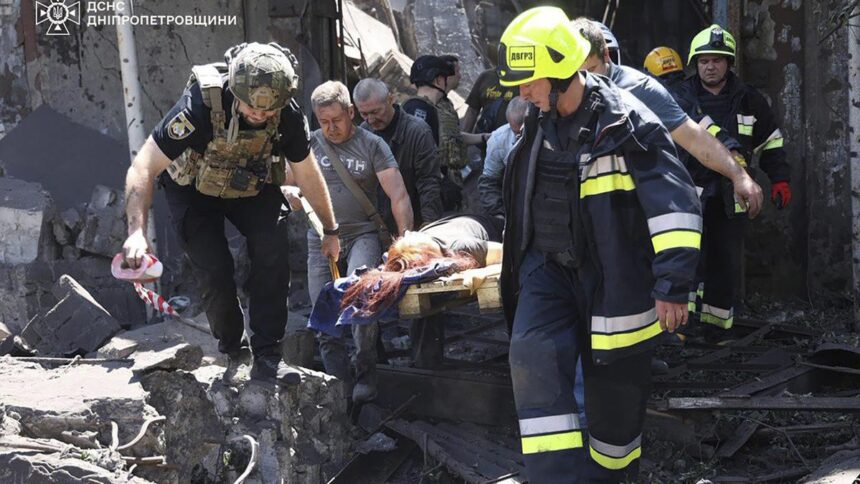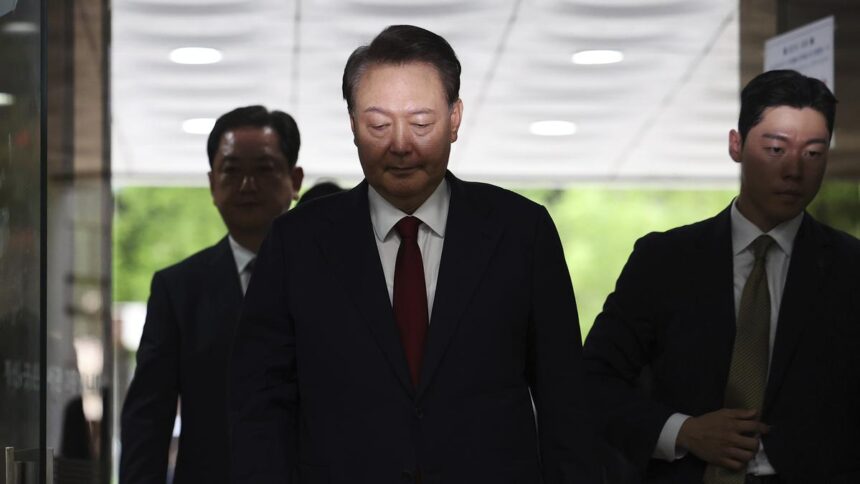Sheikh Abubakr Ahmad, officially known as Kanthapuram A. P. Aboobacker Musliyar and serving as the tenth Grand Mufti of India, has successfully facilitated the deferment of the execution of Indian nurse Nimisha Priya in Yemen. The intervention, built on his role as India’s highest Sunni religious authority and carried out through Islamic legal norms like diyāh (blood money), spotlights a rare instance of religious and diplomatic mediation in a foreign Sharia court.
Who is Sheikh Abubakr Ahmad and how did he become Grand Mufti?
Sheikh Abubakr Ahmad was elected Grand Mufti of India on February 24, 2019, by the All India Tanzeem Ulama-e-Islam, a national body of Sunni clerics. Born as A.P. Aboobacker Musliyar in Kanthapuram, Kozhikode, Kerala, he has risen to national prominence through his decades-long leadership in Islamic education, social welfare, and public discourse. He is also the general secretary of the All India Sunni Jamiyyathul Ulama and the Samastha Kerala Jem-iyyathul Ulama — two of India’s most influential Sunni Muslim organisations. His rise to the title of Grand Mufti, a largely symbolic but influential position, marked a historic moment as he became one of the few South Indian scholars to hold the post.

What are his religious credentials and institutional affiliations?
According to his official website, Sheikh Abubakr Ahmad is the founder and chancellor of Markazu Saquafathi Sunniyya (Jamia Markaz), established in 1978 in Kerala. The institution has expanded to encompass a comprehensive network of educational centres, charitable organisations, and social service units. He has represented Indian Muslim scholars at international forums, including sessions at the United Nations and events organised by UNESCO. He is also a regular participant in global interfaith conferences. Through initiatives such as the International Peace Conference and Markaz-run educational programmes, he has been involved in activities focused on education, religious scholarship, and community welfare.
What prompted his intervention in the Nimisha Priya case?
The case of Nimisha Priya, a nurse from Kerala, sentenced to death in Yemen for the 2017 murder of Yemeni national Talal Abdo Mahdi, drew widespread attention in India. With the execution scheduled for July 16, 2025, urgent appeals were made by human rights activists and public representatives. Among them was Kerala Congress MLA Chandy Oommen, who approached Sheikh Abubakr Ahmad, requesting his intervention to secure clemency under Islamic law. Recognising the urgency and humanitarian concern, the Grand Mufti reached out to prominent Yemeni Sufi scholar Sheikh Habib Umar bin Hafiz to explore the possibility of obtaining a pardon from the victim’s family under the Islamic concept of diyāh.
Yemen’s legal system, rooted in Islamic law, allows for the family of a murder victim to pardon the accused in exchange for financial compensation, or diyāh. Sheikh Abubakr Ahmad utilised this principle in his appeal, stating that Islam encourages forgiveness and reconciliation. He emphasised to Yemeni religious leaders that “in Islam, there is another law where the victim’s family pardons the accused”. He suggested that this path be pursued in the case of Nimisha Priya. Through coordinated efforts involving Yemeni tribal leaders, judicial authorities, and religious scholars, her execution was temporarily deferred.
What outcome has been achieved so far and what lies ahead?
The most immediate outcome of Sheikh Abubakr Ahmad’s intervention has been the postponement of Nimisha Priya’s execution. The stay was granted after last-minute negotiations in Damar, Yemen, initiated through religious channels. Talks between the victim’s family and mediators, both religious and diplomatic, are ongoing. The hope now is to secure a full pardon through a formal diyāh agreement, which could lead to Nimisha Priya ’s release from capital punishment.
In a final bid to save Nimisha Priya, Mr. Aboobacker Musliar has appealed to Mahdi’s family to pardon her. With her execution looming, Nimisha Priya’s fate now rests on the victim’s family’s willingness to accept $1 million in diyāh (blood money) and grant her clemency. Sources close to Mr. Aboobacker Musliar have been hopeful that Habib Omar’s respected status and influence in Yemeni society will help secure a favourable outcome for Nimisha.

Addressing the media at Karanthur, near Kozhikode, on Tuesday (July 15, 2025), Mr. Aboobacker Musliar said that he successfully appealed to Yemeni scholars to intervene in Nimisha Priya’s case, considering the importance of saving a human life. “We have just received official confirmation from the Yemeni authorities that Nimisha Priya’s execution has been stayed based on our request. Let us all pray for her safe release,” he said.
Published – July 16, 2025 02:30 pm IST





